Pet-Friendly Gardening: Safe Veggies for Dogs
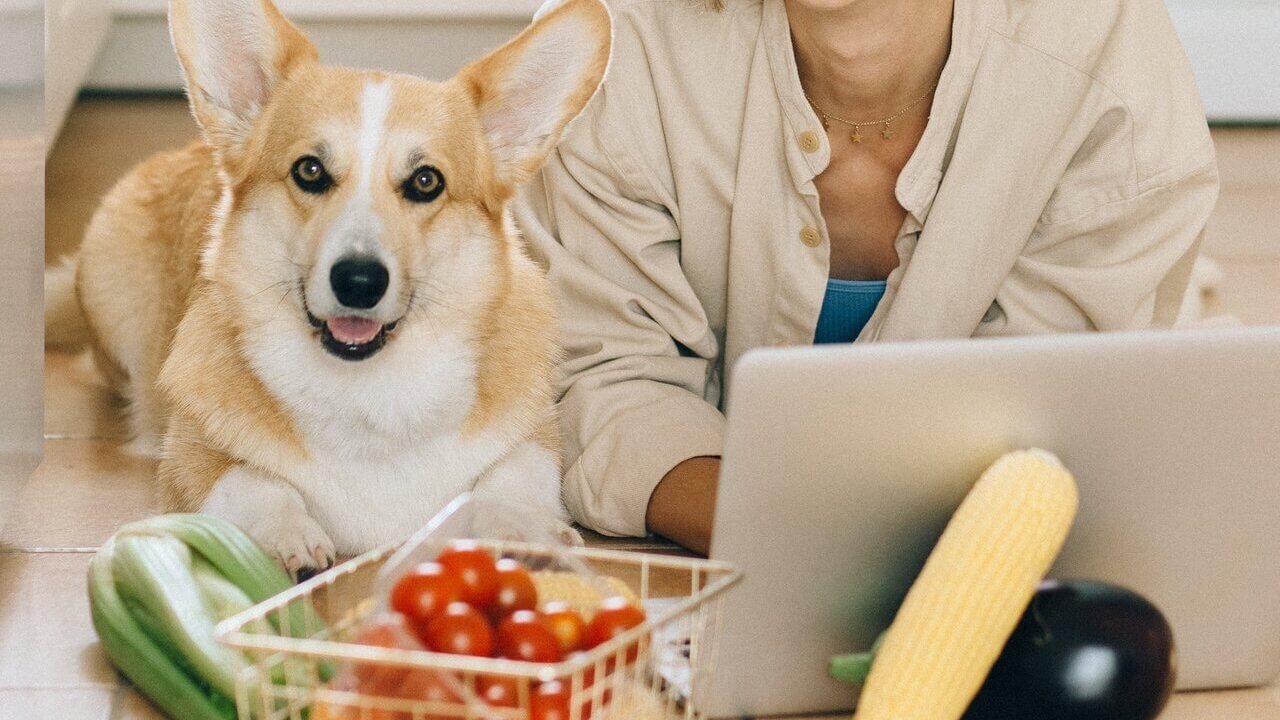
Many, but not all, of the vegetables grown for your family can be eaten by dogs and cats too.
There are a few vegetables that are not recommended and some that are toxic. If you have dogs or cats, it is important to know safe veggies for dogs and which to avoid.
Veggies for dogs can be a fantastic source of vitamins, minerals, and fiber, although they have no real need for them as part of their diet. They can serve as low-calorie snacks, ideal for weight management. Some can even help in dental health by aiding in cleaning the teeth as they chew.
However, dogs and cats digest foods differently than humans. Dogs are facultative carnivores, meaning they can eat plant and non-animal matter in addition to animal matter. Cats are obligate carnivores, meaning that they need to eat meat to survive.
Vegetables aren’t necessary for cats, and they don’t metabolize or digest them well. So, if your cat turns its nose up at your salad it’s okay.
When feeding your pets, portion size matters. Their main source of nutrition needs to come from their regular diet. And, according to the ASPCA, “Snacks should equate to no more than five percent of their daily caloric intake, so keep portion sizes small.”
Small bites of any food will help reduce the possibility of choking in pets as in humans. So be sure to cut pet snacks into appropriately sized bites.
Safe Veggies for Dogs
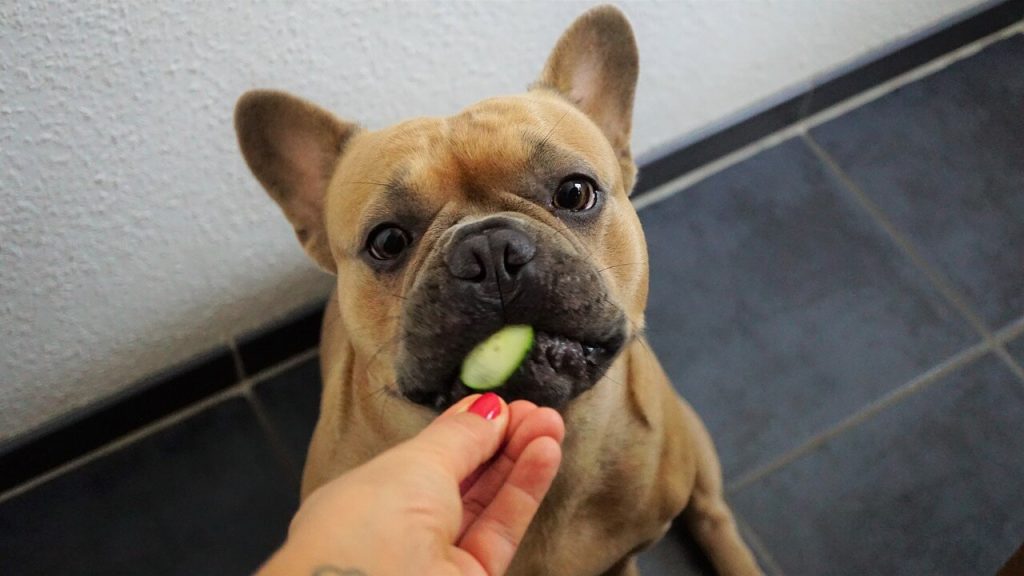
Avoid These Veggies for Dogs
Introducing Veggies to Your Dog
In full disclosure, I do not typically feed veggies to my dogs or any “people” food. I’ve always been of the mindset that a strict diet of high-quality dog food is best and causes the least stomach upset for my fur babies.
That said, I do maintain a vegetable garden that my dogs have access to. And, there seems to always be the occasional dropped piece(s) of food in the kitchen during meal prep or at the table when my kids were little. Dogs are fast and I don’t often win the contest for picking up what dropped before they do.
So, I think it’s the responsible thing as a pet owner to know what vegetables are harmful vs. okay for them to eat.
My experience is that dogs develop a tendency to beg for food if they are fed handouts in the kitchen or scraps from the table. If I do offer veggies to my dog, I only offer a small piece, away from the table, at a time I’m not prepping or eating a meal. And I only offer one type so there’s less chance for them to develop an upset tummy.
Understanding which vegetables are safe and which are not is crucial for every dog owner. They should always be treated as supplements and not meal replacements. And as always, you should consult with a veterinarian for personalized dietary advice for your furry friend.
Kim Nelson is a certified Master Gardener and loves gardening with her Dachshund.


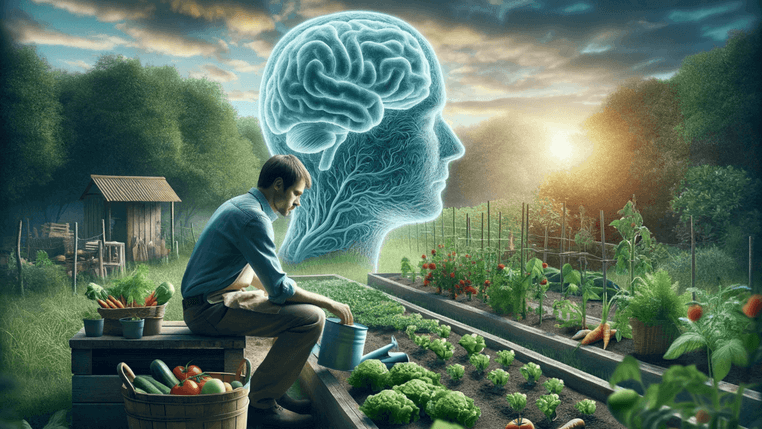


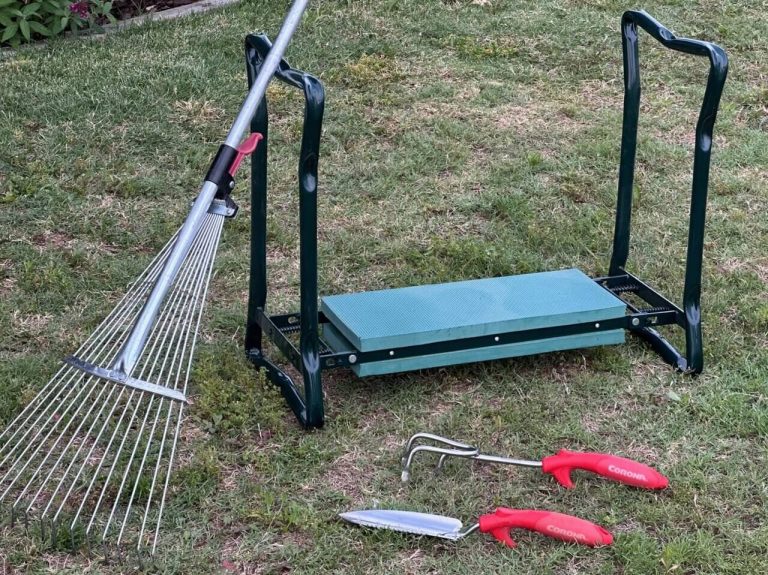
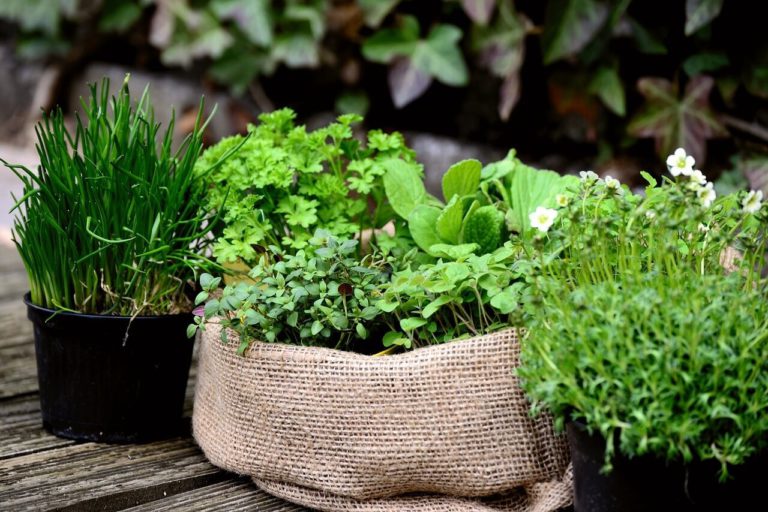
One Comment
Comments are closed.